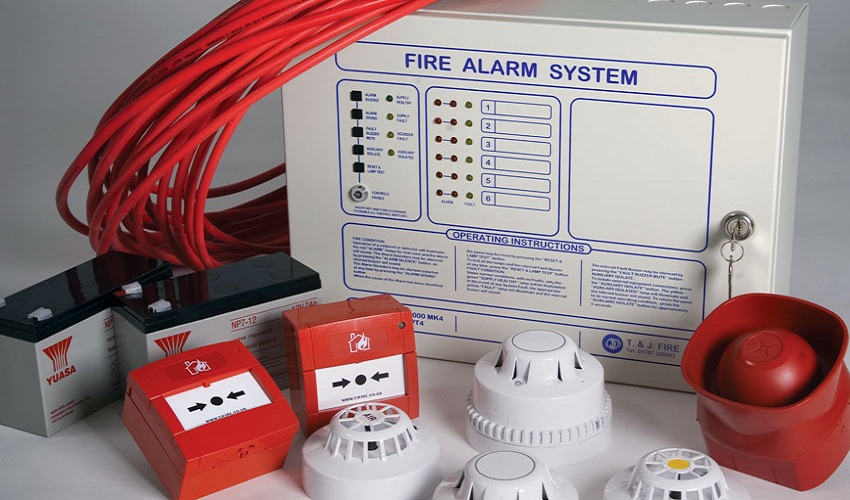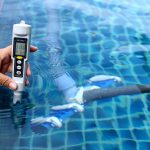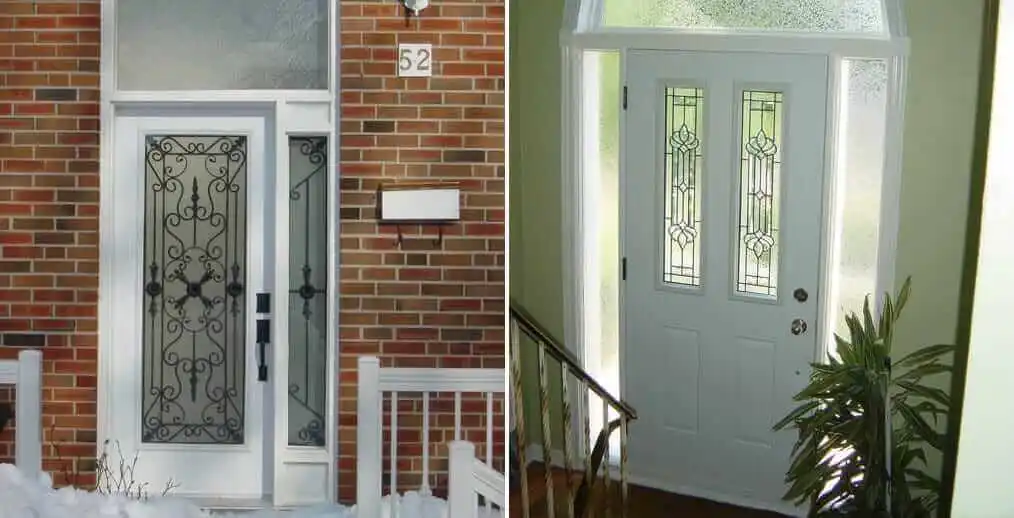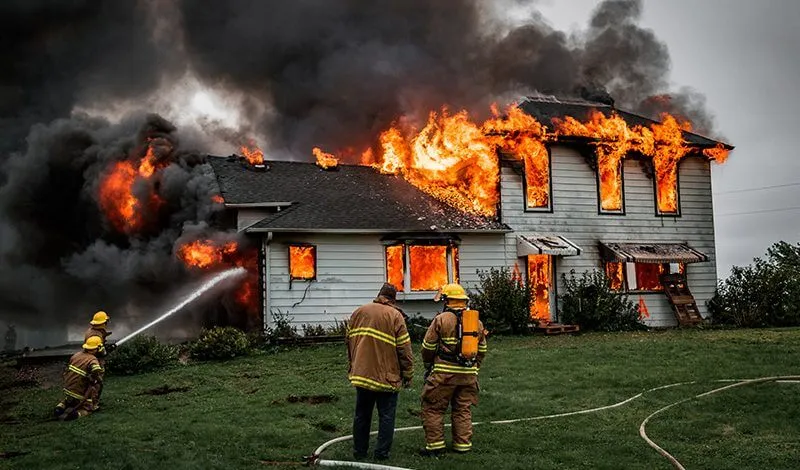
Content
Your home is your sanctuary, a place of comfort and security. But it’s also a space where the risk of fire always lingers in the background. Home fires can be devastating, but the good news is that many of them are preventable. In this blog post, we’ll look into the essential steps you can take to prevent home fires and keep your loved ones and property safe.
Step 1: Fireproof Your Kitchen
The kitchen is the heart of the home, but it’s also where many fires start. Here’s what you can do:
- Never Leave Cooking Unattended: Whether you’re frying, baking, or boiling, stay in the kitchen while cooking. Most kitchen fires result from unattended stovetops or ovens.
- Keep Flammable Objects Away: Store dish towels, paper towels, and oven mitts away from the stovetop. Loose clothing can also catch fire, so be mindful of what you wear while cooking.
- Install a Fire Extinguisher: Keep a fire extinguisher in the kitchen and make sure everyone knows how to use it. Ensure it’s up to date and functioning correctly.
Related Suggestion: A Comprehensive Guide on How to Prepare for a Natural Disaster
Step 2: Maintain Electrical Safety
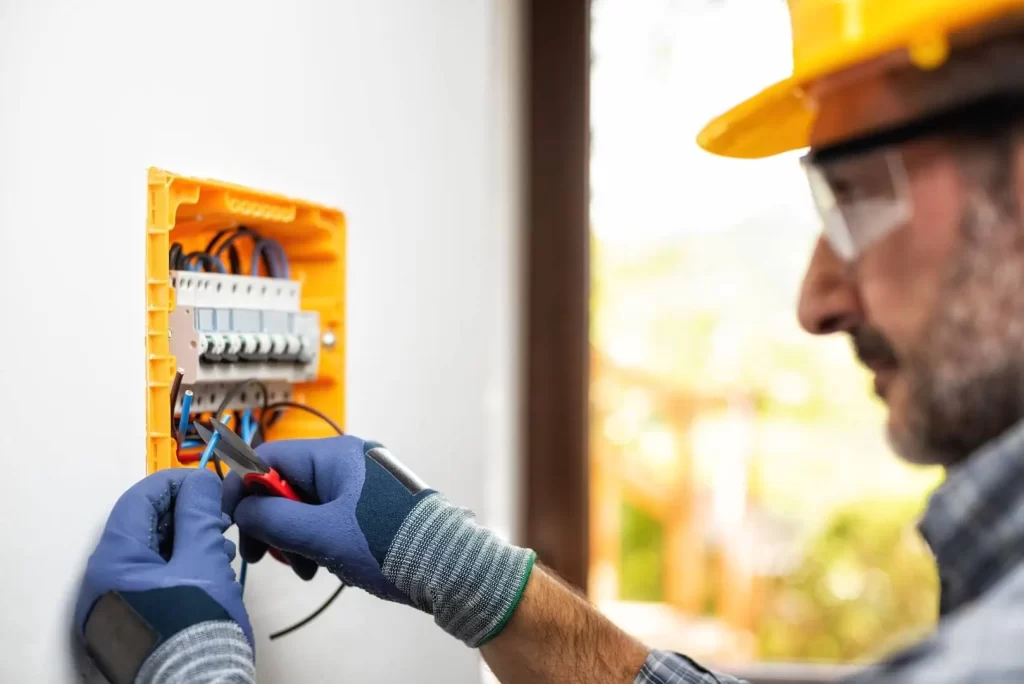
Electrical issues are a common cause of home fires. Follow these electrical safety tips:
- Inspect Wiring: Regularly inspect the wiring in your home for signs of wear, fraying, or damage. If you notice any issues, have them repaired by a professional electrician.
- Don’t Overload Outlets: Avoid overloading electrical outlets with too many devices. Use power strips with surge protectors for added safety.
- Replace Damaged Cords: If you have damaged cords on appliances or electronics, replace them immediately. Don’t use tape as a temporary fix.
Step 3: Smoke Alarms and Fire Escape Plan
- Install Smoke Alarms: Place smoke alarms in key areas of your home, such as bedrooms, hallways, and the kitchen. Test them monthly and replace batteries annually.
- Create a Fire Escape Plan: Develop a detailed fire escape plan with your family. Practice it regularly, so everyone knows how to exit the house safely in case of a fire.
Step 4: Heating Safety
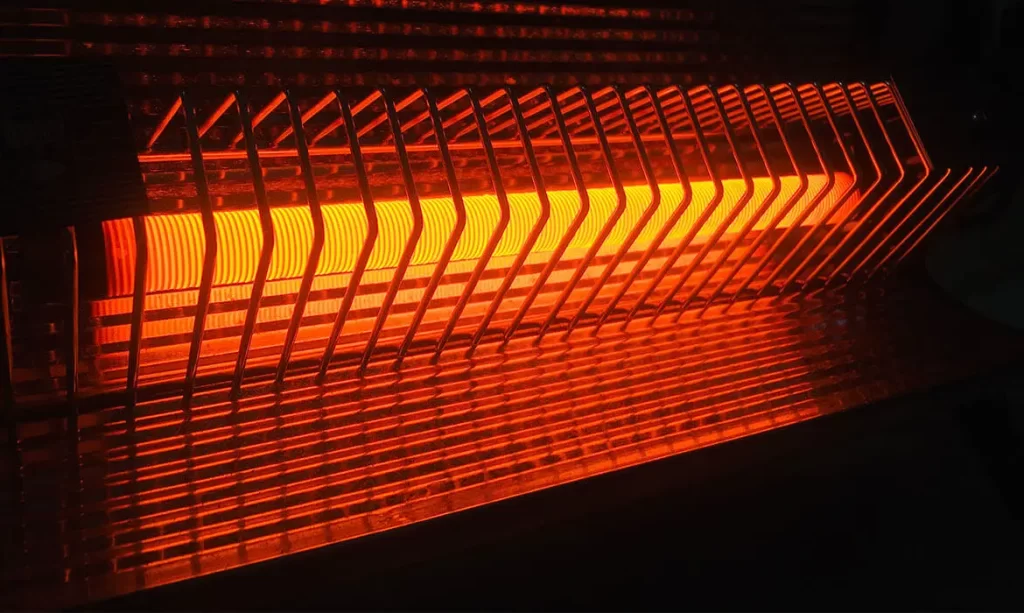
Heating equipment can be a fire hazard if not used correctly:
- Space Heaters: Keep space heaters at least three feet away from flammable objects and always turn them off when you leave the room.
- Chimneys and Furnaces: Have your chimney and furnace professionally inspected and cleaned annually. Clear away any flammable debris from the area around them.
Conclusion
Preventing home fires requires diligence, but the safety of your loved ones and your property is worth it. By implementing these fire safety measures in your home, you can significantly reduce the risk of a devastating fire. Remember, the key to fire prevention is awareness, vigilance, and being prepared.
Further reading suggestion: How to Wash Your Clothes Properly: A Comprehensive Guide
FAQs
What should I do if a grease fire starts in my kitchen?
In the event of a grease fire, do not use water to extinguish it; it can make the fire worse. Instead, cover the pan with a lid or use a fire extinguisher. If the fire spreads beyond the pan, evacuate your home and call 911 immediately.
How often should I replace smoke alarm batteries?
Smoke alarm batteries should be replaced at least once a year, even if they haven’t run out. To remember, replace them when you adjust your clocks for daylight saving time or use long-life lithium batteries that last ten years.

My name is Gwen Elmore. I post about home improvement ideas and how to make your home look beautiful and liveable. I hope my posts will help you with your DIY projects!

